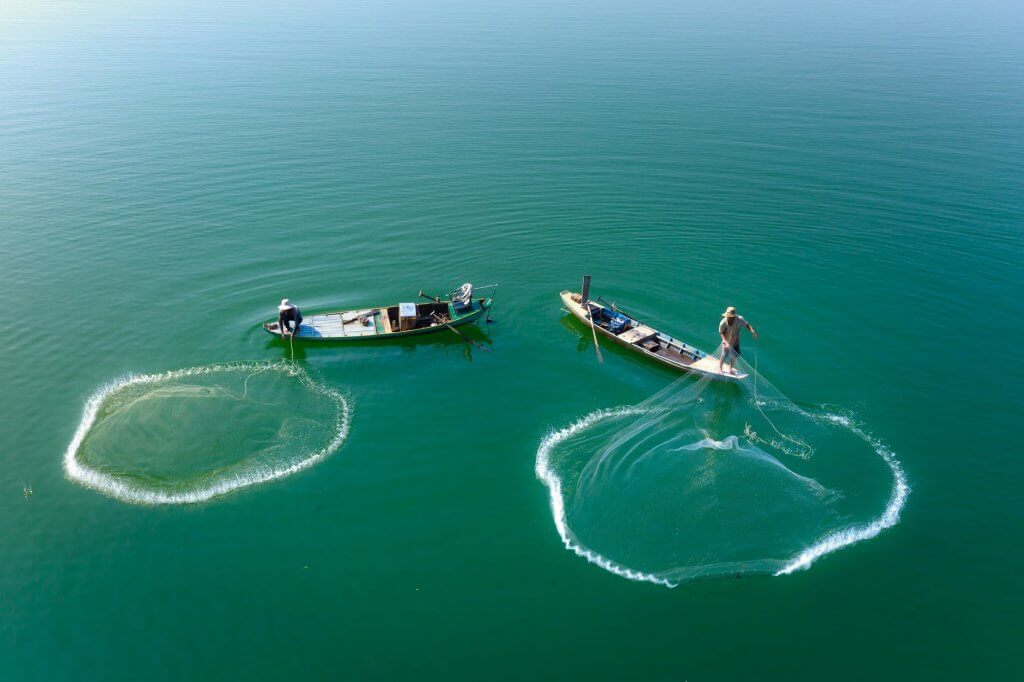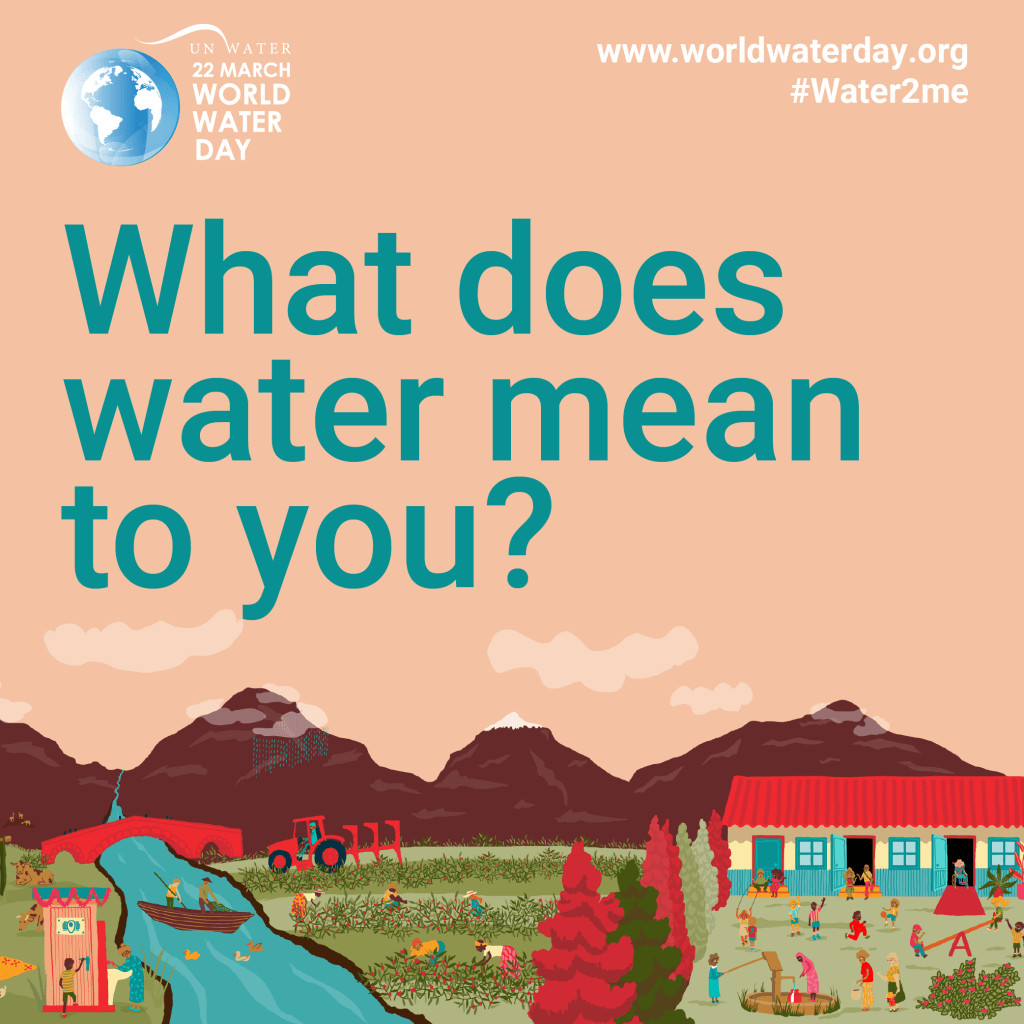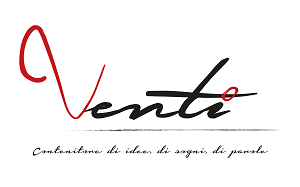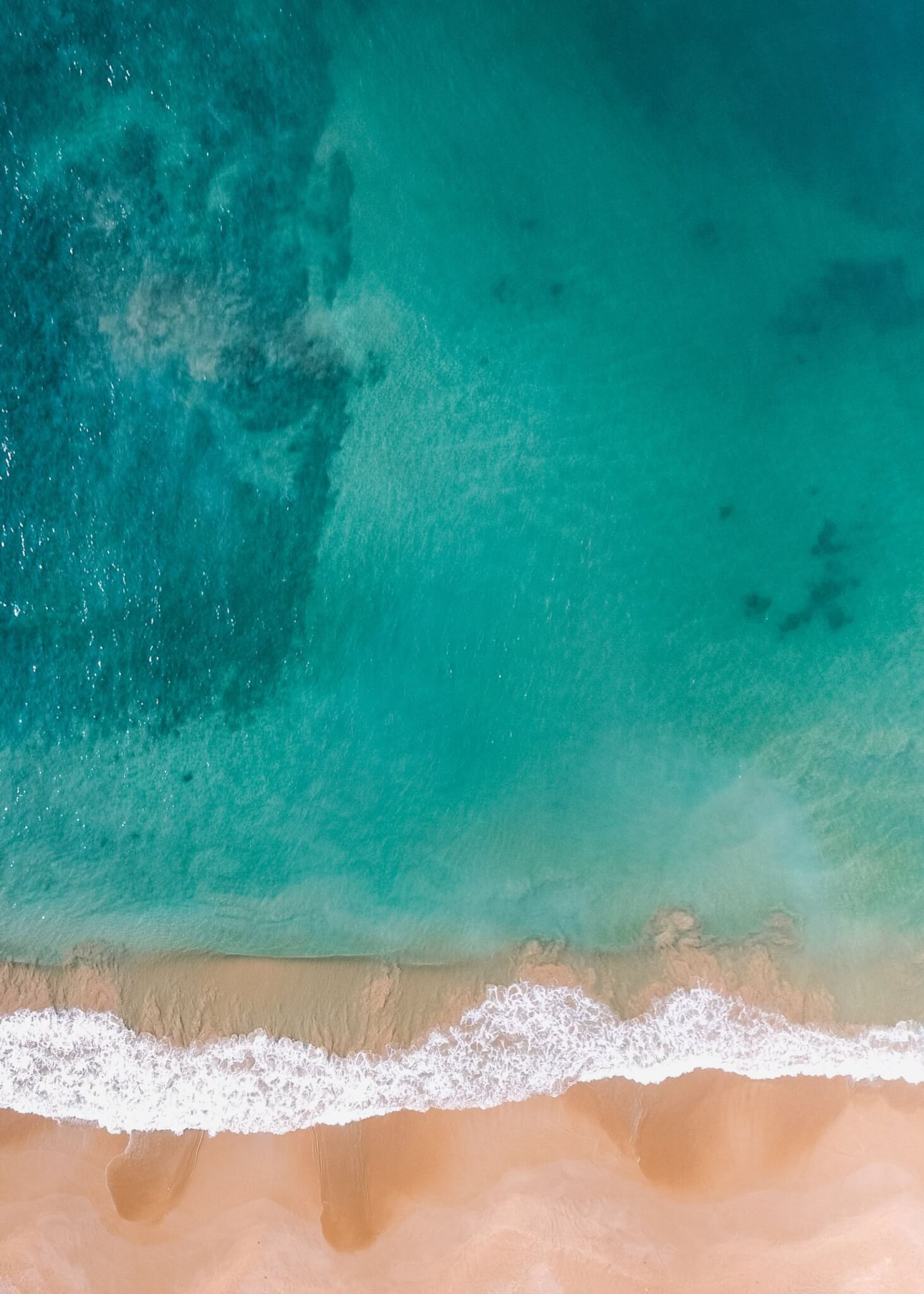On the 22nd of March falls the World Water Day, the official international recurrence established by the United Nations in 1993. On that day, after the decision taken during the previous UN Summit held in Rio de Janeiro, the international policymakers made water management officially a problem on a worldwide scale. In the following years, the most vital resource on the planet Earth – too often taken for granted in the western world – has been more and more part of the public debate due to its scarcity and pollution.
For this reason, on 1st of January 2016, the United Nations and national governments decided to take a step forward in the safeguard of this commodity: through two out 17 Sustainable Development Goals (SDGs) for the end of poverty by 2030, the decision-makers agreed to tackle the issue of water management on two different levels: water linked to human consumption, and ocean conservation.
In fact, the 6th Goal of the SDGs, oriented to “ensure access to water and sanitation for all“, is backed by breathtaking statistics (data source: United Nations):
- 2.2 billion people in the world lack safely managed drinking water (more than 1 person out of 4 worldwide);
- More than 80 percent of wastewater resulting from human activities is discharged into rivers or sea without any pollution removal;
- Floods and other water-related disasters account for 70 percent of all deaths related to natural disasters.

On the other hand, the 14th Goal is aimed to “conserve and sustainably use the oceans, seas and marine resources“. This target is most of the time overlooked; but ocean safety has an impact on our lives much stronger than what we think: 3 billion people worldwide are strictly linked to the marine and coastal biodiversity for their livelihood, and over 200 million people are directly or indirectly employed in marine fisheries (data source: United Nations).
Fortunately, United Nations are not alone in deploying huge efforts to hit these ambitious goals; many NGOs and private companies are more and more involved in environmental protection due to the increased general consciousness. One notable NGO involved in ocean protection is Sea Shepherd, founded in 1977 in Vancouver, Canada, with a mission to protect ecosystems and biodiversity of marine life. On this blog, we had the pleasure to interview Alex Neubauer, the Irish Director of this organization, which explained the activities coverage and the dedication of its volunteers in pursuing their purpose.
Private companies have also launched projects to make their production process more environmental-friendly, as part of their corporate social responsibility. Among the remarkable experiences, I would like to share the Levi’s initiative Water Less.
Honestly, I was shocked when I discovered that around 10,000 liters of water are needed to produce one single pair of jeans. Considering that in 2019 a total of 346 million pairs of women’s jeans were purchased only in the U.S., it is almost impossible to have an idea about the volume of water needed to provide this product to downtown trendy stores.
In 2011, in order to improve water consumption drastically, Levi’s management decided to introduce innovative techniques to reduce its water footprint. The results are great: since that day, 80% of jeans have been produced with the water-savings process.
But the company didn’t stop at a simple self-efficiency gain. In fact, those techniques have been made available open-source, aiming for a shift of the entire industry with a potential saving of 50 billion liters industry-wide.

Those two realities are only a few of many examples of groups of people that are dedicating their own life for the protection and safeguard of the most indispensable natural element.
Everyone can be part of the solution, and for this reason, I would like you to join me and millions of people to follow the social media campaign “What does water mean to you?” promoted by the UN for this special day, using the hashtag #Water2me.
Reading insightful stories and including some useful tips in our routine, it’s a simple yet concrete action that can improve our own lives. Even though it may seem like a single drop in the bucket, it can actually make a difference. In the end, have you ever thought about what does water really mean to you?


